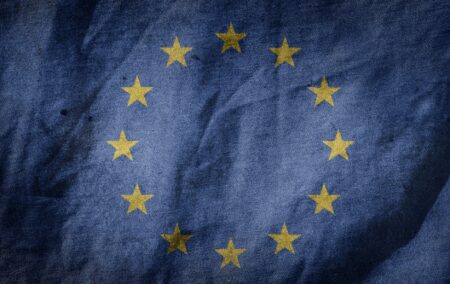Consumer prices in the eurozone grew by a record 5.1% in January compared to the same month a year ago, keeping inflation higher than predicted and putting pressure on the European Central Bank to tighten monetary policy.
Higher energy and food costs were only partially offset by a slower rise in manufactured goods prices, resulting in annual inflation rising from its previous eurozone high of 5% in December, according to Eurostat. This ran counter to widespread forecasts of lower European inflation. In January, economists polled by Reuters predicted a European inflation rate of 4.4%.
Consumer prices increased by 0.3% from the previous month, showing that underlying inflationary pressures in the 19-country bloc are still building. Lithuania had the highest national inflation rate (12.2%), while France had the lowest (3.3%).
Energy prices in the Eurozone rose by a record 28.6% in January compared to the previous year, while unprocessed food prices rose by 5.2%. Prices for services rose by 2.4 percent, while prices for commodities rose by 2.3%.
Household budgets are being squeezed by rising energy and food costs. According to a study issued on Wednesday by the Schufa credit agency, a quarter of German consumers claimed they would struggle to make ends meet this year due to increasing costs.

